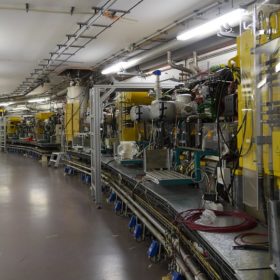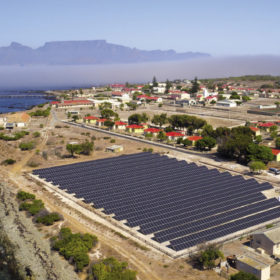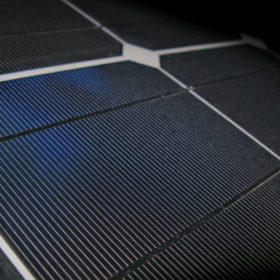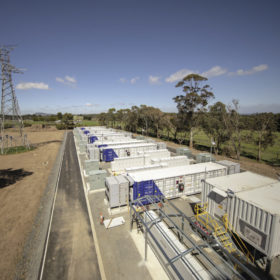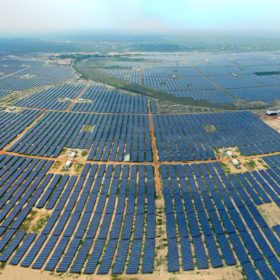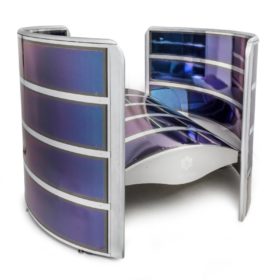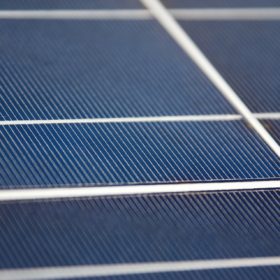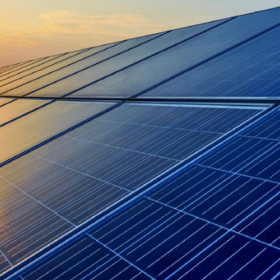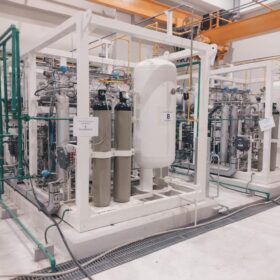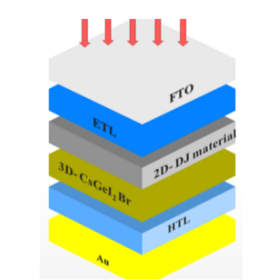Sweden and India launch a multi-million dollar programme on Smart Grids
The programme—co-funded by Swedish Energy Agency and India’s Department of Science & Technology (DST)—aims to develop technologies that can be commercialized after two years. While SEA has committed US$2.6 million over four years for research and innovation collaboration with India, DST will also fund a matching investment of Rs 18 crore to support Indian partners.
Speeding up energy storage with pseudocapacitors
Scientists at Germany’s Helmholtz Zentrum Berlin have made a discovery they say could greatly increase the energy storage capacity of titanium-based ‘MXene’ pseudocapacitors, ultimately leading to faster-charging batteries. The group found adding urea molecules between MXene layers increased the material’s storage capacity by up to 56%.
Italian inverter maker confirms no ABB jobs will be lost in India
Fimer’s takeover of the inverter business of the Swiss conglomerate will not affect job numbers at ABB’s Indian production facilities, according to the new owner of the combined business.
Integrating stress and temperature sensors in crystalline silicon cells
Fraunhofer ISE researchers have integrated stress and temperature sensors within a PV module. They claim that the devices cover a very minimal part of the cells, and that their interaction with the module and the cell itself is quite limited. The sensors can be manufactured as part of a regular cell manufacturing process.
Bridging the gap between battery and supercapacitor
By engineering the structure of a hard carbon electrode, scientists at the CIC energIGUNE research center have created an ‘ultrafast battery’ which has been shown to combine the energy density of a lithium device with the fast discharge times normally associated with supercapacitors.
Coronavirus could cost Chinese battery makers 26 GWh of output
WoodMac analysts say the amount of new battery manufacturing capacity added in the nation this year could fall by as much as 10% because of the outbreak. With Tesla’s Shanghai gigafactory affected by the extended new-year-holiday shutdown, the analyst warned of potential supply shortages for Australia and the U.S. and U.K.
Decoding the Adani-Total solar deal
While the stake sale in solar portfolio will allow Adani to carry out its contracted pipeline efficiently, it could also mean commercial & industrial (C&I) rooftop as a growth opportunity for both the companies—according to Wood Mackenzie analysts.
Total to buy 50% stake in Adani Group’s 2.1 GW solar portfolio
The French oil and gas giant—which is already a partner in Adani’s natural gas business—will now invest US$ 510 million to buy 50% stake in 2,148 MWac operating solar power projects owned by Adani Green Energy Limited.
UK designers launch freestanding curved panel
Product development company the Cambridge Design Partnership, working with compatriot solar business Solivus, has developed a curved solar module featuring an organic thin film. The design is based on Solivus’ desire to “create a product so attractive that people would be happy to have one in their garden”.
Coronavirus could cause solar panel price spike
The coronavirus outbreak in China could raise solar module prices in the near term as manufacturers have already begun experiencing wafer and solar glass shortages. Production rates are also being affected by an extended new year holiday introduced by the authorities as a measure to deal with the virus, and the requirement workers from infected areas quarantine themselves for two weeks.

